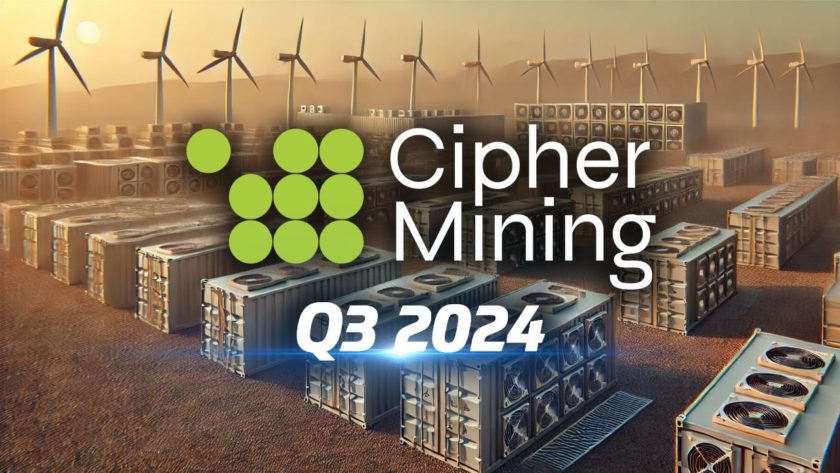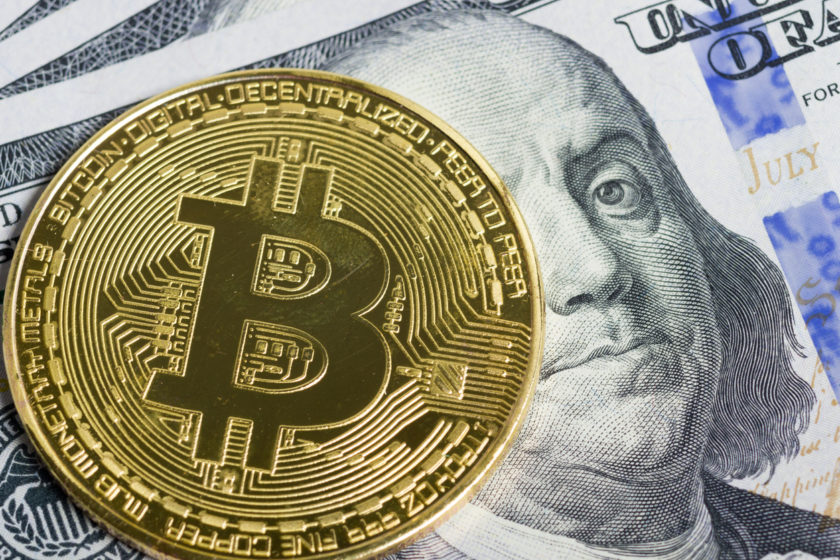The Bitcoin Cash ‘Hash War’ Just Started–And Looks To Be Over Already
November 16, 2018 by Ian Edwards
Bitcoin Cash (BCH) is in the midst of a battle over its future as rival groups promote different forks of the fourth-largest cryptocurrency by market cap. But it’s looking like the so-called “Hash War” will be over almost as soon as it began, with Bitcoin ABC having taken a strong, early lead over Bitcoin SV in terms of BCH blocks mined.
Also read: The Bitcoin Cash Hard Fork–A Who’s Who and Everything You Need to Know
Subscribe to the Bitsonline YouTube channel for great videos featuring industry insiders & experts
Early Reports of the Hash War Favoring ABC
At 18:00 UTC on November 15th, 2018, what has been billed as a hash war began, when the nodes making up the Bitcoin Cash network hard forked during a contentious war of words between supporters of Bitcoin ABC and Bitcoin SV, two implementations of the protocol.
Under normal circumstances, such an upgrade would happen with little fanfare. However, in this case, the two incompatible versions of BCH are supported by some of the largest companies in the cryptocurrency industry.
The main implementation of Bitcoin Cash to date has been Bitcoin ABC, which is supported by Roger Ver, an investor in cryptocurrency-related companies, and Bitmain, the world’s largest manufacturer of cryptocurrency mining machines.
Bitmain also runs some of the industry’s largest mining pools, BTC.com and Antpool.
One of Bitmain’s most popular machines, the Antminer, is able to mine both bitcoin (BTC) and bitcoin cash (BCH), because both share the same hashing algorithm. This came into play on the 15th, when Ver announced he had redirected some of the hashing power from mining pool that he controls, Bitcoin.com, from BTC to BCH:
The https://t.co/6EeRmpfaH7 pool now has more hash rate on it than the entire BCH network had earlier today.
Bitcoin is cash for the world! #BitcoinCash #bitcoincashfork pic.twitter.com/n2MqQ5mlfK— Roger Ver (@rogerkver) November 15, 2018
This move appears to have been successful, as late in the day on November 15th, the crypto information website Coin Dance showed that Bitcoin ABC had mined 50 more blocks than Bitcoin SV, giving it a good shot at being the dominant BCH chain going forward if that lead can be held.

That’s a somewhat surprising outcome, as it’s contradictory to reports and predictions in the lead up to the fork which claimed that SV would achieve greater hash power than ABC.
Bitcoin SV Supported by Craig Wright, Calvin Ayre
The other implementation is called Bitcoin SV, short for Satoshi Vision. It is backed by Dr. Craig Wright, who is the chief scientist of blockchain startup nChain and who is most famous for claiming to be Satoshi Nakamoto — the anonymous author of the bitcoin white paper, which was published ten years ago.
Yet, Dr. Wright’s claim of being Satoshi has always been controversial, and in a recent interview with Breaker Magazine, he refused to say whether he was or wasn’t the creator of bitcoin.
Also backing Bitcoin SV is Calvin Ayre, a Canadian businessman who runs a mining pool and website called CoinGeek. Before getting into crypto, Ayre operated an online gambling business and plead guilty to a criminal charge by American federal authorities for violating the Wire Act in 2017.
Ayre was recently appointed to be Antigua and Barbuda’s special economic envoy and is reportedly building a $100 million resort in the country using profits from his cryptocurrency investments.
A Clash of Visions
The competing versions of the Bitcoin Cash software differ in technical respects that reflect, to a degree, the differing philosophies behind them.
ABC has made additions to the protocol, called opcodes, that increase its functionality in different ways. For example, one addition enables automated transactions based on pre-established conditions.
In doing so, the developers of ABC are innovating the original protocol and arguably going beyond what was laid out in the original bitcoin white paper.
ABC has also chosen to leave the block size — which determines how many transactions the network can support as well as affecting transaction fees — at 32 MB, the same as it was before the fork. Block producers can choose how large of a block size they will process, which is reflected in the name ABC (Adjustable Blocksize Cap).
Bitcoin SV, on the other hand, has chosen to increase the block size to 128 MB.
This, SV supporters argue, will allow bitcoin to scale to be the global currency it was always destined to be. Equally important is the fact that the SV team has not added the automated transaction-enabling opcodes that ABC did since they were not in the original bitcoin software.
SV did, however, add back in two other opcodes that Satoshi included in the original protocol but which were subsequently deactivated. There is also a difference in how the two implementations order transactions.
The supporters of Bitcoin SV argue, like fundamentalists, that they are staying true to Satoshi’s intended design of bitcoin as laid out in the white paper, i.e. the real “peer-to-peer electronic cash system.”
Hard Fork Comes as Industry Under Pressure
Since the last fork, Bitcoin Cash has gained little meaningful increase in user adoption. Its price has declined by 24 percent since it was created and nearly 90 percent since its bubble high back in December.

So, why did Wright and Bitcoin SV choose this moment to launch a contentious and acrimonious hash war?
It appears to be opportunistic timing, as Bitmain’s CEO Jihan Wu is currently in the process of taking the firm public on the Hong Kong Stock Exchange.
As a publicly-traded company, Bitmain’s finances will be under increased scrutiny and fighting off Bitcoin SV could be costly, as it may require Bitmain to switch its pools from mining BTC to the less profitable BCH.
And the large drop in crypto markets over the course of 2018 has put financial pressure on many firms in the industry, Bitmain likely being included.
Future Attacks Possible, Backlash From Some Quarters
It has also been reported that Bitcoin ABC developer Amaury Séchet said in a livestream on November 15th that he believed CoinGeek was planning to launch an attack against the ABC chain.
A spam attack on ABC was reported to have occurred shortly after the fork happened.
In a wider sense, the hard fork could also be causing a backlash. Binance CEO CZ tweeted out his opinion of the affair, saying:
Let’s get this stupid fork over with already. I honestly don’t like forks.
— CZ Binance (@cz_binance) November 15, 2018
Some have also speculated that the November 14th crash in crypto markets was due to uncertainty over the outcome of the Bitcoin Cash hash war.
What do you think about the Bitcoin Cash hash war? Is it silly or worth fighting? Leave your comments below.
Images via Bitinfocharts, Coin Dance, Pixabay




